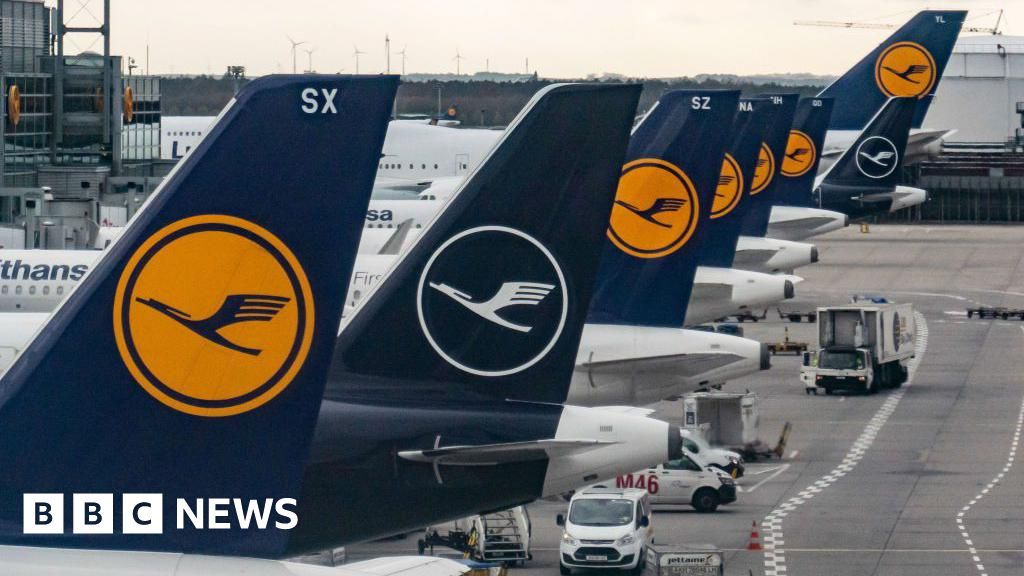Though they’ll still use the fucking ridiculous boarding groups that slow down embarking just to make rich people feel special, right?
Just to make extra money you mean
I know “rich” means a lot of different things to a lot of different people, but “paying for priority boarding” should not be included in a reasonable definition of the word.
It absolutely should be - it gives you no reasonable value… you don’t get there any faster - and having priority boarding (outside of for those with kids/disabilities) makes everything slower for everyone. It is absolutely the most frivolous luxury.
Another problem that has been solved years ago with regular old algorithms and properly designed airports.
AI not gonna solve crap when your entire timetable collapses because one flight got delayed and you refused to spend money to use additional gates or upgrade an antiquated 90s system.
Please read the article. They are talking about an improvement over existing algorithms by using quantum computing.
Yeah, and it’s also scalable because it uses the blockchain, you know, on the cloud, via 5g.
Jesus christ almighty.
quantum computing
that’s even more of a pipe dream than AI
AI doing air traffic control work?
Jesus fucking Christ, what could possibly go wrong?
LLMs and generative AI aren’t going to be any good on this problem. The article is using the older, non-buzzword computer science meaning, which includes algorithms for this exact problem, such as the ones used for a category of difficult problems known as constraint satisfaction problems. These problems were artificial intelligence problems before the term “AI” was turned into a marketing buzzword.
Allocating gates is one problem that traditional computers and algorithms struggle to do quickly, with calculation times increasing disproportionately to the size of the problem.
But, Dr Doetsch is confident that approaches using quantum computing will crush the problem.
“Quantum algorithms will allow optimally assigning gates, and other resources, even in large airports and travel networks. These algorithms will be able to respond to changing external factors with updated optimal solutions in real time,” he says.
This stuff is cool, and has nothing to do with generative AI.
But not at the expense of safety, right?
Right?
Right:
The system uses machine learning to assign arriving aircraft to the nearest available gate with the shortest taxi time.
Sooooooooo standard tree search that comp science students were doing in the 80s?
But now with AI!






